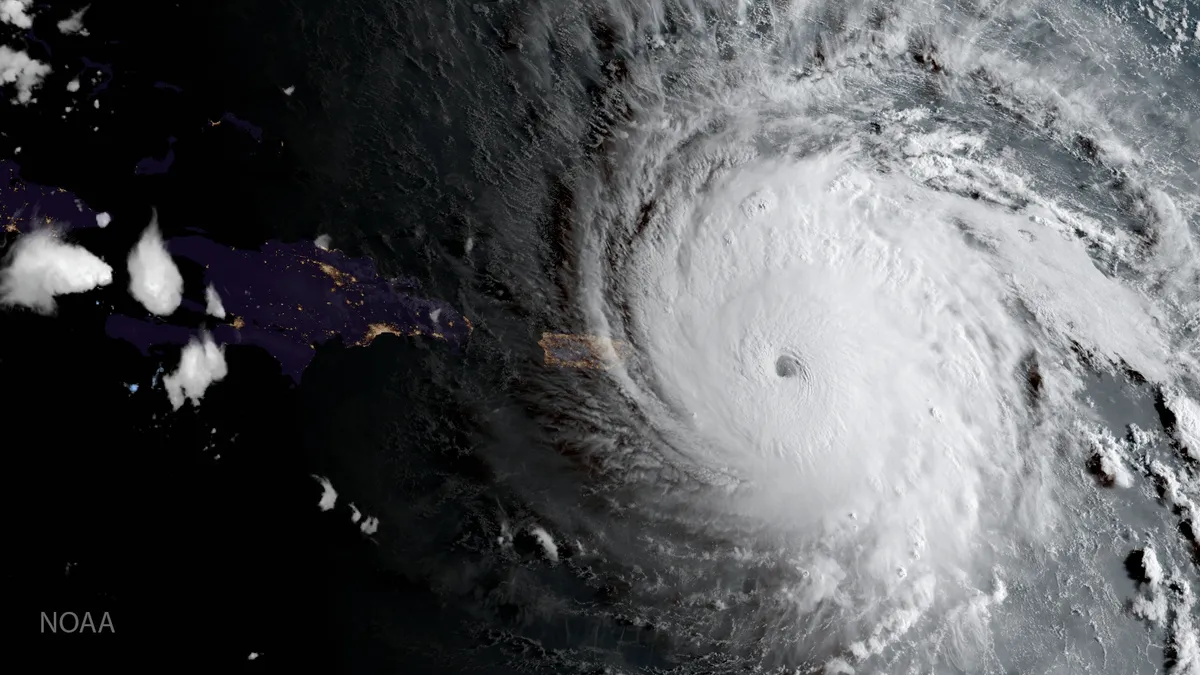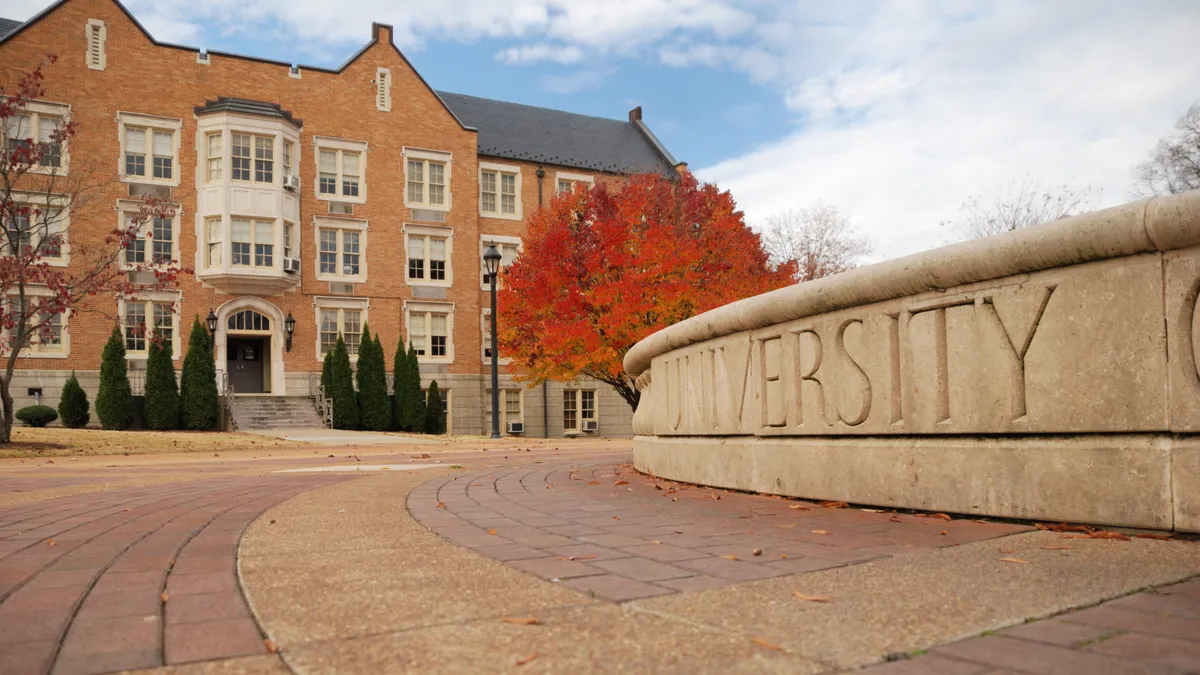Correction: In a previous version of this article, the university was misidentified as the University of Massachusetts.
Dive Brief:
- In the aftermath of three hurricanes, University of Michigan educators are offering online 'teachouts' — short-term, intensive courses on timely topics — on the scientific principles of hurricane formation and weather patterns, in order to build preparedness for similar events, according to an email from the institution.
- The University of Michigan's teach-outs, the first of which will be hosted on Coursera, were developed with the intention of giving participants around the world the opportunity to engage with experts on a variety of different topics, with the help of videos and interactive discussions.
- James DeVaney, associate vice provost for academic innovation, says he hopes the tool will increase public engagement with information exchange and collaborate on important issues: "We are reimagining public engagement in the information age and creating the compassionate public square for just-in-time knowledge sharing and the exchange of new ideas within a global learning community."
Dive Insight:
The University of Michigan's online teach-out fits within a trend of institutions taking steps to stand out in an increasingly crowded higher education market. As more leaders begin to adapt by incorporating greater amounts of technology into the classroom and even investing in products like MOOCs, demonstrating institutional commitment to the purpose of education with things like free, interactive, and collaborative courses could serve as one of the most powerful recruiting tools there is. There may be particular benefits for recruiting students who can't necessarily visit the campus, by giving them a taste of what they might expect of the academic experience.
As the cost of tuition goes up, affecting students' decision on where to enroll and the value of their dollars toward a degree, such programs reflect that the institution is committed to ROI for students and the surrounding public, as it is expending resources purely for the purpose of increasing public knowledge and learning opportunities. In an age of easy information transfer via social media, building institutional prestige for the sake of branding and recruiting more students may be less effective than investing in ideas like this, which gets students talking about what the college or university really has to offer for enrollees.












